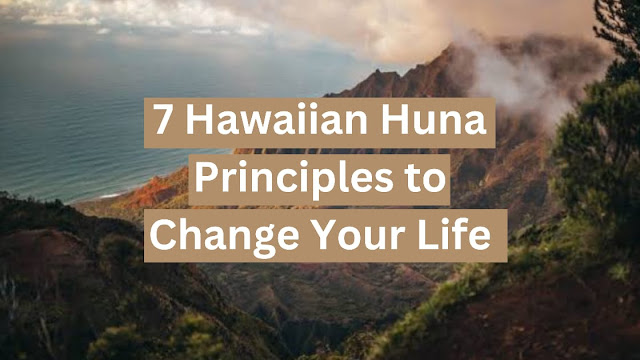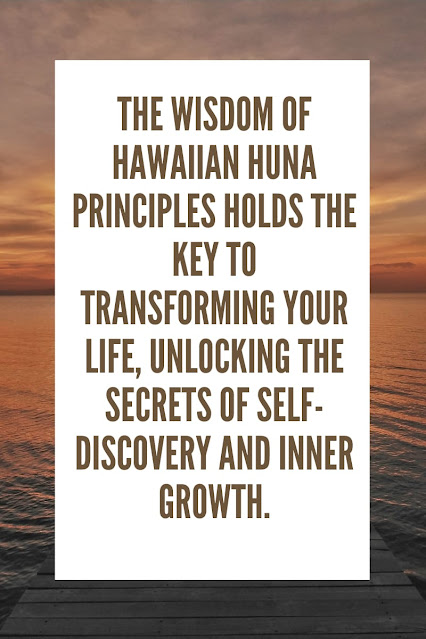Introduction When stress builds up, most people try to think their way out of it. They analyze, rationalize, and replay situations in their head, hoping clarity will bring relief. Unfortunately, the mind often amplifies emotional chaos instead of calming it. This is why logic alone rarely works during moments of anxiety, overwhelm, or mental fatigue. The body, however, responds faster than thought. Neuroscience shows that physical sensations send direct signals to the brain, influencing emotional states almost immediately. When you change your body’s signals, your nervous system follows. This is why small physical actions—done intentionally—can create instant shifts in mood, focus, and confidence. These physical micro-habits do not require discipline, motivation, or preparation. They are simple, subtle actions that work even when your mind feels tired or overloaded. By engaging the body first, you allow the mind to settle naturally. Below are seven science-backed micro-habit...
Introduction
The ancient Hawaiian philosophy of Huna, meaning "secret," offers profound insights and principles that can transform our lives. Rooted in spirituality and connectedness, Huna provides a roadmap for personal growth, self-discovery, and harmonious living. In this blog post, we will explore the fundamental principles of Hawaiian Huna and how they can empower us to create positive change in our lives.Hawaiian Huna Principles to Change Your Life
1. The Principle of Ike (Awareness):The first principle of Huna is Ike, which emphasizes the power of awareness. It encourages us to develop a heightened sense of consciousness about ourselves, our thoughts, and our actions. By becoming more aware of our beliefs, emotions, and behaviour patterns, we gain insight into what is serving us and what needs to be released or transformed. Ike teaches us to be present and mindful, allowing us to make conscious choices that align with our authentic selves. Through this technique, we learn how to be aware of ourselves and our surroundings. This can save a person from a lot of danger.
2. The Principle of Kala (Release):
Kala teaches us the importance of letting go of negative emotions, limiting beliefs, and past traumas that hinder our personal growth. Through forgiveness and the act of releasing emotional baggage, we free ourselves from the chains of the past and create space for new possibilities. Kala enables us to cultivate a sense of inner peace, healing, and liberation, allowing us to move forward with clarity and resilience. It is essential for a person to let go of all the grudges and anger that they hold as it stops them from moving forward in life and being better.
3. The Principle of Makia (Focus):
Makia underscores the potency of deliberate intention and concentrated attention. It reminds us that our thoughts and energy flow where our attention goes. By directing our focus toward our desired outcomes, we activate the law of attraction and draw them closer to us. Makia encourages us to align our thoughts, emotions, and actions with our goals, ensuring we consciously create the reality we desire.
4. The Principle of Manawa (Presence):
Manawa teaches us to embrace the power of the present moment. It reminds us that true passion lies in the here and now. By fully immersing ourselves in the present, we let go of regrets from the past and worries about the future. Manawa invites us to experience life with heightened awareness, gratitude, and joy. Through mindful living, we unlock the richness and beauty of each moment. It teaches us not to hold on to the past or be too worried about the future, as, in both cases, a person forgets to live and concentrate on what's in front of them. All it does is rob one of their peace and happiness.
5. The Principle of Aloha (Love and Connection):
Aloha is perhaps the most well-known principle of Huna. It represents love, compassion, and interconnectedness. Aloha encourages us to approach every interaction and situation with kindness, empathy, and respect. It serves as a reminder that we are interconnected, and the impact of our actions extends beyond ourselves, creating a ripple effect in the world. By embracing the spirit of Aloha, we create harmonious relationships, foster a sense of belonging, and contribute to collective well-being.
6. The Principle of Pono (Balance):
Pono emphasizes the importance of achieving balance and harmony in all aspects of life. It encourages us to find equilibrium between our physical, mental, emotional, and spiritual selves. Pono teaches us to honour our needs, set healthy boundaries, and nurture our overall well-being. We create a solid foundation for personal growth, happiness, and fulfilment by cultivating balance.
7. The Principle of Ha'aha'a (Humility):
Ha'aha'a reminds us to approach life with humility and open-mindedness. It encourages us to release our ego-driven desires for control and embrace the wisdom that comes from learning, growth, and collaboration. Ha'aha'a invites us to appreciate the vastness of the universe and recognize that we are part of something much larger than ourselves. By embracing humility, we remain receptive to new experiences, perspectives, and opportunities for growth. It forbids a person from showing off or thinking that they are superior to others as it clouds a person's vision and makes them toxic. At the same time, humility helps a person be better and likeable.
Manawa teaches us to embrace the power of the present moment. It reminds us that true passion lies in the here and now. By fully immersing ourselves in the present, we let go of regrets from the past and worries about the future. Manawa invites us to experience life with heightened awareness, gratitude, and joy. Through mindful living, we unlock the richness and beauty of each moment. It teaches us not to hold on to the past or be too worried about the future, as, in both cases, a person forgets to live and concentrate on what's in front of them. All it does is rob one of their peace and happiness.
5. The Principle of Aloha (Love and Connection):
Aloha is perhaps the most well-known principle of Huna. It represents love, compassion, and interconnectedness. Aloha encourages us to approach every interaction and situation with kindness, empathy, and respect. It serves as a reminder that we are interconnected, and the impact of our actions extends beyond ourselves, creating a ripple effect in the world. By embracing the spirit of Aloha, we create harmonious relationships, foster a sense of belonging, and contribute to collective well-being.
6. The Principle of Pono (Balance):
Pono emphasizes the importance of achieving balance and harmony in all aspects of life. It encourages us to find equilibrium between our physical, mental, emotional, and spiritual selves. Pono teaches us to honour our needs, set healthy boundaries, and nurture our overall well-being. We create a solid foundation for personal growth, happiness, and fulfilment by cultivating balance.
7. The Principle of Ha'aha'a (Humility):
Ha'aha'a reminds us to approach life with humility and open-mindedness. It encourages us to release our ego-driven desires for control and embrace the wisdom that comes from learning, growth, and collaboration. Ha'aha'a invites us to appreciate the vastness of the universe and recognize that we are part of something much larger than ourselves. By embracing humility, we remain receptive to new experiences, perspectives, and opportunities for growth. It forbids a person from showing off or thinking that they are superior to others as it clouds a person's vision and makes them toxic. At the same time, humility helps a person be better and likeable.


Comments
Post a Comment
Please do not add any spam link in the comment box